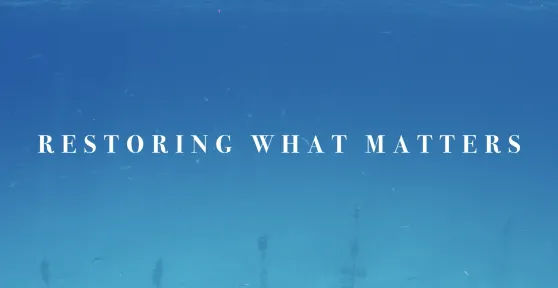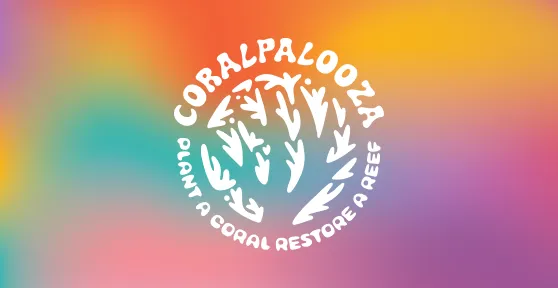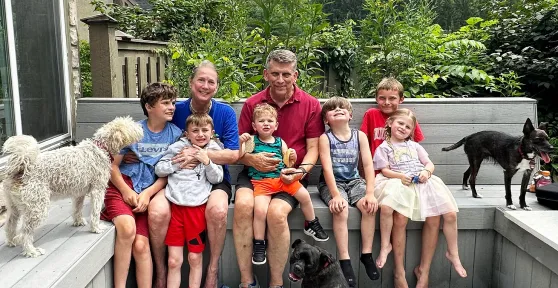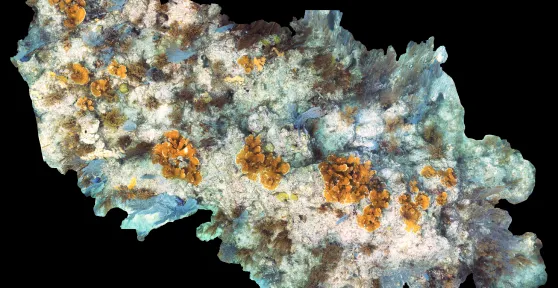Where We Work
from florida to the world
A Global Organization
Coral Restoration Foundation is headquartered in Tavernier, in the Florida Keys archipelago.
We are currently working on active restoration programs in the USA, the US Virgin Islands, and Puerto Rico.
Every year we also engage in international knowledge sharing events in places ranging from the Maldives, Kenya, and Australia to Singapore, Germany, and Indonesia.
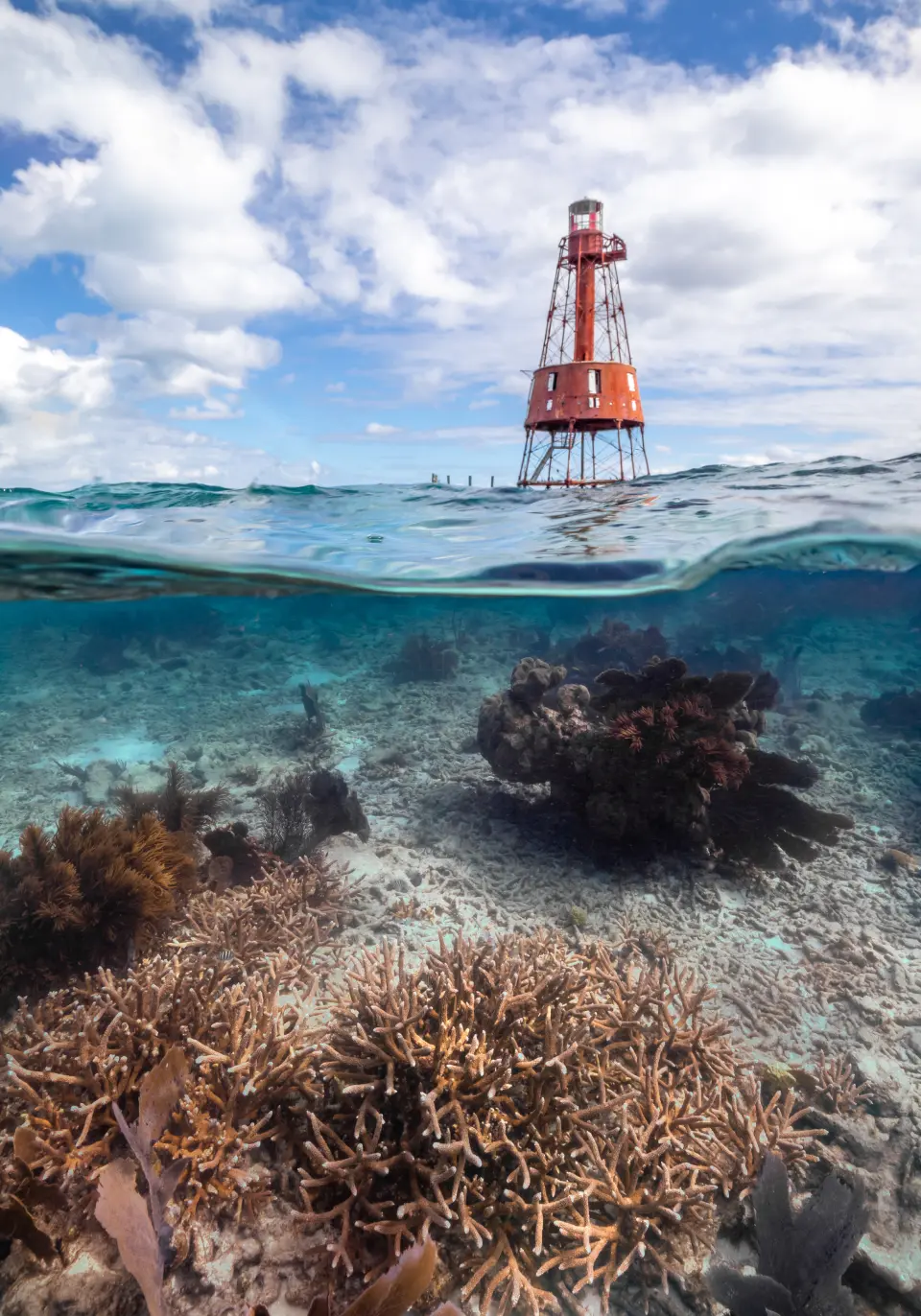
CRF Florida: The Heart of our Operations
From our base in the Florida Keys National Marine Sanctuary, we have been honing large-scale reef restoration methodologies and supporting scientific research since 2007.
This is where we invented the now famous Coral Tree™, the location of the world’s largest in-situ coral nurseries, the place we still conduct the bulk of our restoration work, R&D, and where we develop our education programming.
We are leveraging everything that we develop in Florida to support reef restoration efforts in other places, making our resources as accessible as possible, and adapting our techniques to suit the unique needs of diverse environments and communities around the world.
More about CRF FloridaCRF Global
Local solutions to a global problem
SUPPORTING INTERNATIONAL CORAL RESTORATION EFFORTS
The coral reef crisis is a global one, having a profound impact on coastal communities everywhere. But there is no universal approach to saving and restoring our coral reefs; while coral restoration practitioners worldwide have shared objectives, we are all impacted by different circumstances.
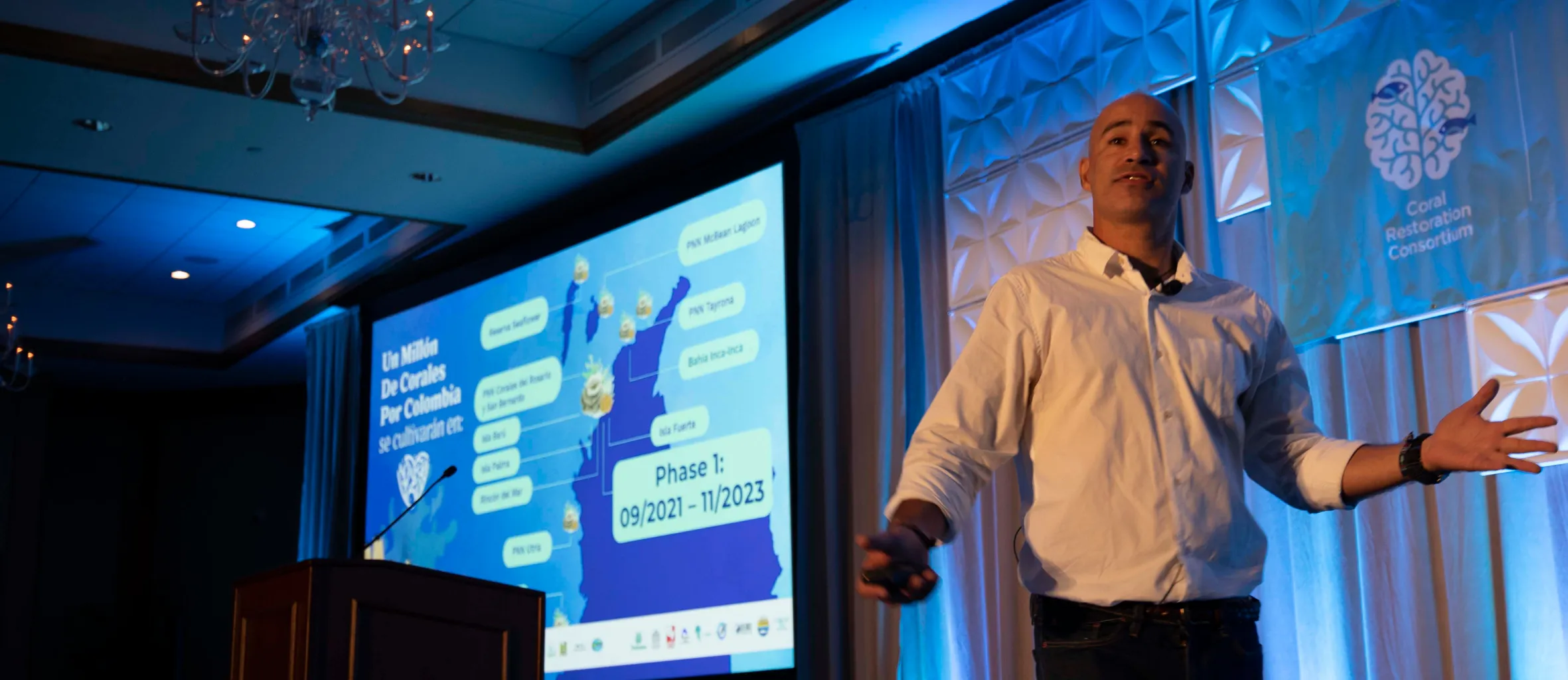
CRF Global initiatives are designed to provide access to our resources and networks, to harness and promote local expertise, and to foster increased knowledge sharing and collaboration. We do this in three different ways:
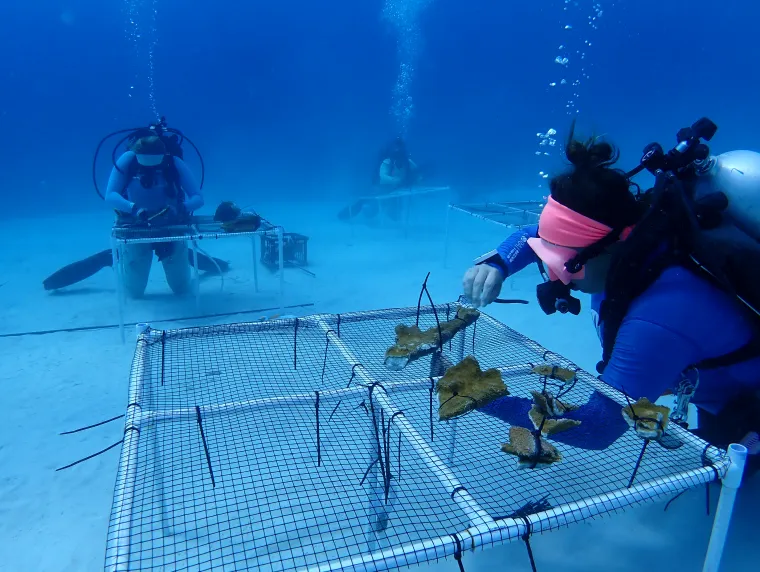
CRF Satellite Programs
CRF Satellite Programs are extensions of CRF, locally established to meet the needs of the ecosystem and community. Our St. Croix satellite program is now in its second year.
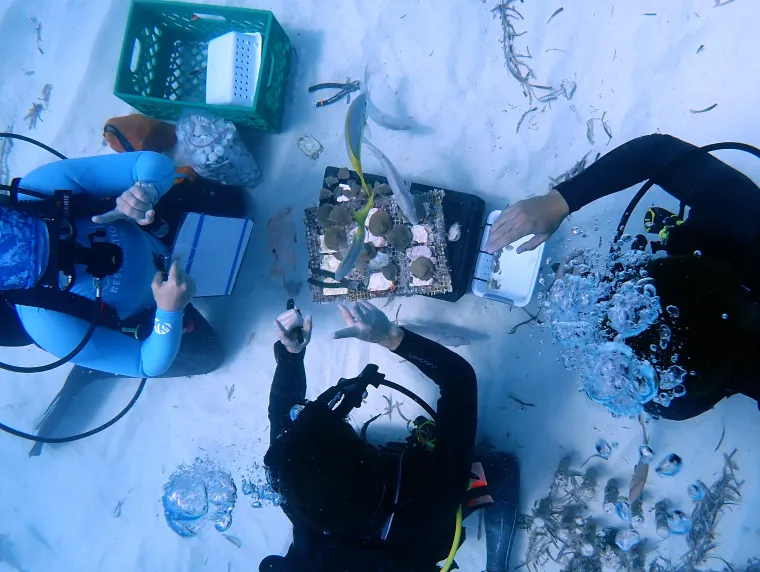
CRF GLOBAL PARTNERSHIPS
Through CRF Global Partnerships we collaborate with existing practitioners who have independent operations. We are currently have active partnerships in St Thomas, USVI and in Puerto Rico.
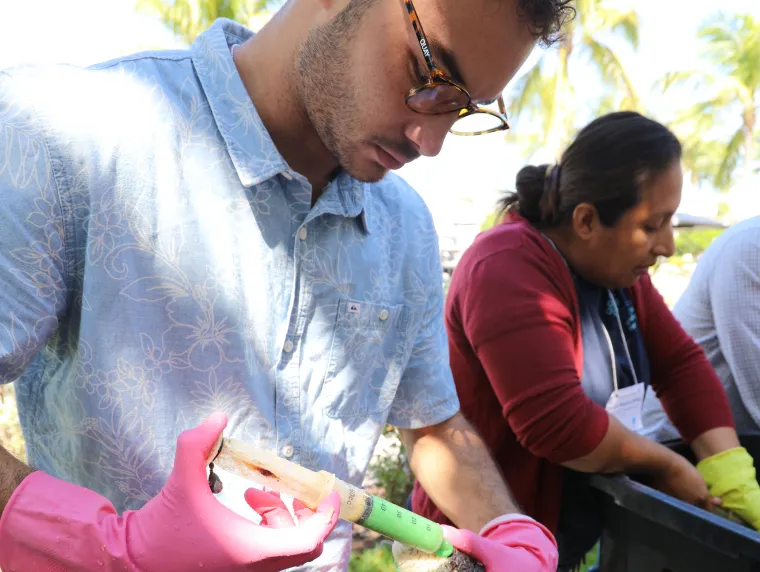
CRF LEARNING EXCHANGES
The CRF Learning Exchange program is a two-way exchange that enriches both our organization and the broader restoration community.
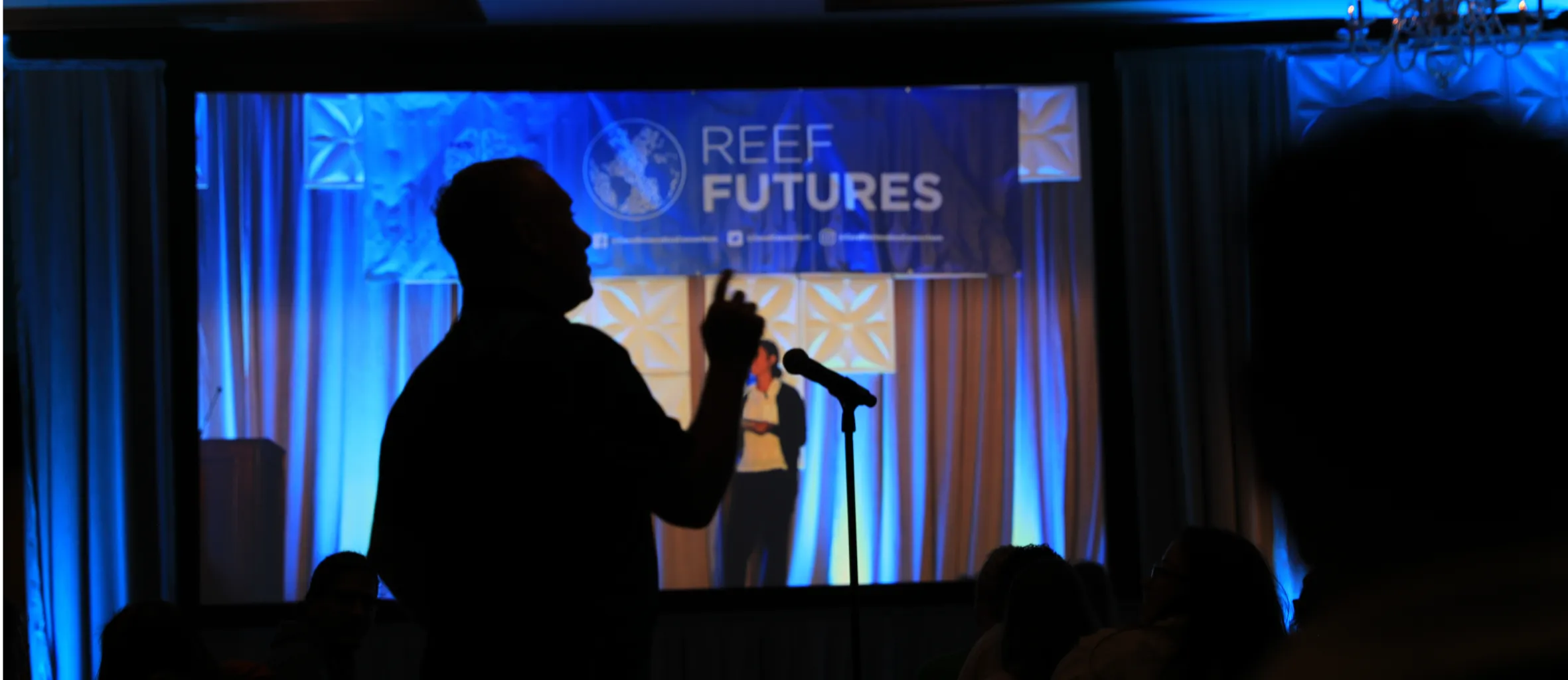
THE CORAL RESTORATION CONSORTIUM
In 2017, CRF, in collaboration with NOAA, co-founded the Coral Restoration Consortium (CRC). The CRC is a global community of scientists, managers, coral restoration practitioners, and educators dedicated to enabling coral reef ecosystems to survive the 21st century and beyond.
The CRC serves as a coordinating body that disseminates best practices, identifies and addresses key research gaps, fosters collaboration and technology transfer among participants, and facilitates scientific and practical ingenuity. It now serves over 4000 members around the world, and hosts Reef Futures every two years – the only global symposium dedicated to coral reef restoration.
